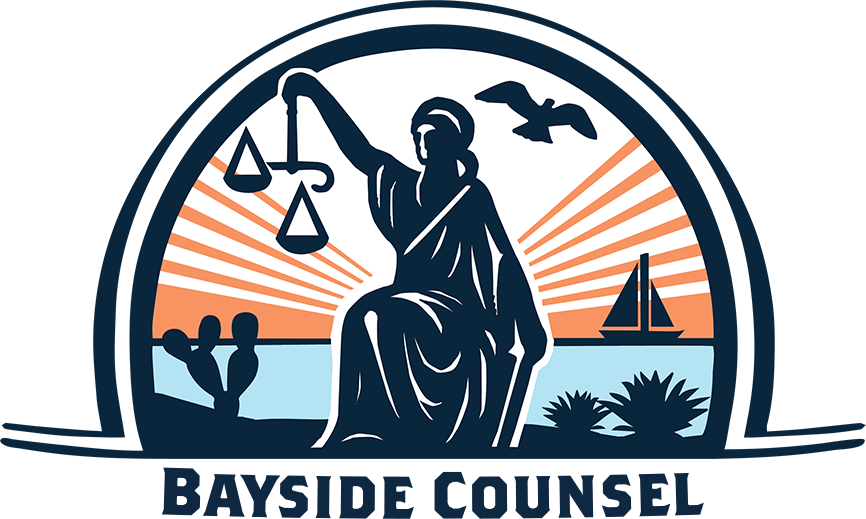When forming a limited liability company (LLC) for your business, one crucial step that’s often overlooked is properly funding the entity. Failing to adequately capitalize your LLC can undermine the liability protection that make this entity type attractive in the first place.
Why Funding an LLC Matters
The primary advantage of an LLC is the limited liability protection it provides to its members (owners). However, this protection can be jeopardized if the LLC is not properly funded and maintained as a separate entity from its members. Courts can potentially “pierce the corporate veil” and hold members personally liable for the LLC’s debts and obligations if the LLC is undercapitalized or if its assets are commingled with those of its members.
Options for Funding an LLC
There are several options for properly funding an LLC, and the choice will depend on your specific business needs and financial situation.
- Initial Capital Contributions: Members can contribute cash, property, or services to the LLC as their initial capital contributions. These contributions should be documented in the LLC’s operating agreement and appropriately recorded in the company’s financial records.
- Loans: LLCs can obtain loans from banks, other financial institutions, or even its members. Member loans should be properly documented with promissory notes and treated as legitimate debts of the LLC.
- Equity Financing: Depending on the LLC’s growth plans and capital requirements, your clients may consider bringing in outside investors who can contribute capital in exchange for membership interests (equity) in the LLC.
- Reinvesting Profits: As the LLC generates profits, your clients can choose to reinvest a portion of those profits back into the business, effectively capitalizing the LLC through its own operations.
- Asset Contributions: In some cases, members may contribute assets, such as real estate, intellectual property, or equipment, to the LLC as their capital contributions.
Regardless of the funding method chosen, it’s crucial to document all capital contributions and maintain meticulous records to demonstrate the LLC’s separate existence and adequate capitalization.
Bayside Counsel Can Help
Bayside Counsel advises our clients as to the various funding options available and help them select the method or methods that make the most sense for their needs and goals. Further, we review and draft operating agreements, promissory notes, and equity financing documents to ensure that our clients properly document the funding of their LLCs so that they may realize and preserve the liability protection that they sought when forming their businesses, as well as achieve their business goals. Contact a San Diego small business attorney at Bayside Counsel today.
